Starved of funds in the pandemic, and ignored by the public, Britain’s traditional sailing fleet faces an existential threat. It needs your help, writes James Stewart
Dusk on Cornwall’s Helford river, August 2020: a rising moon wobbles in glassy water, rooks craw to their roosts and the background angst of that first pandemic summer evaporates. Or it does for us guests aboard Bessie Ellen. For two decades the 115ft sailing ship has run successful cruises, bunking holiday-makers in the refurbished hold that shipped china clay in the early 1900s, army-surplus wire after the First World War and iron after the Second. At the start of 2020, a busy season lay ahead. You can probably guess what happened. I’m on the vessel’s first private charter as owner-captain Nikki Alford (thrillingly, a distant relative of Captain Bligh of mutiny on the Bounty fame) attempts to claw back some revenue – any revenue – from a season thrown into chaos by Covid.
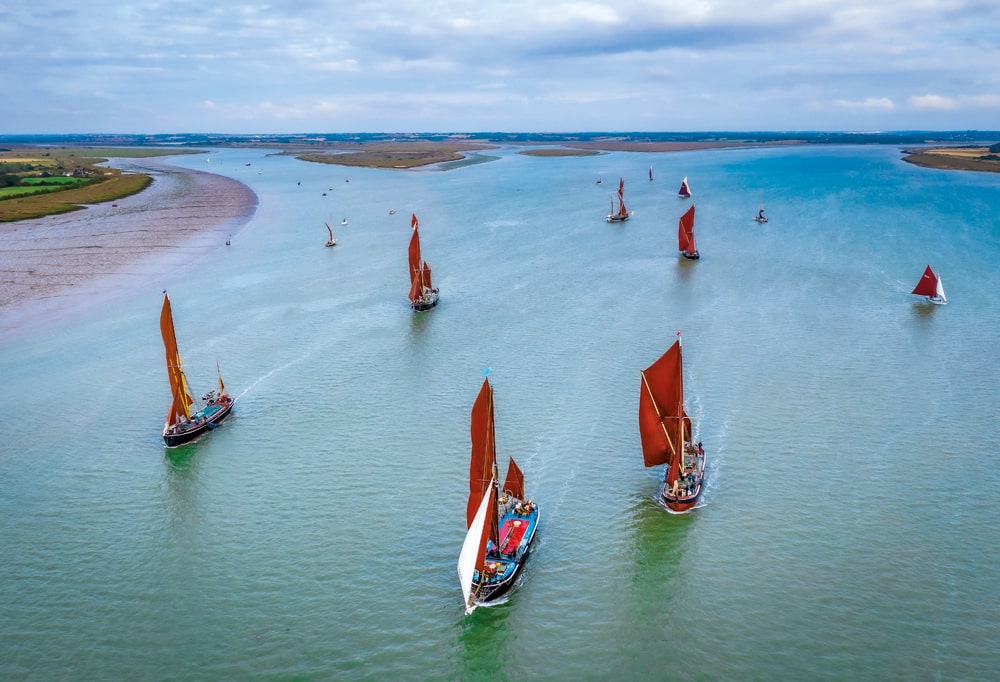
It costs around £110,000 a year just to keep a 120-year-old ship like Bessie afloat, Nikki explains over dinner on deck. ‘Two years without guests and this boat is gone. Without money for maintenance, she will rot,’ she says. It’s that simple. While the woes of the hospitality sector have been much highlighted over the last two years, our similarly stricken heritage fleet has had barely a mention. A century-old ship could sink if mothballed for too long. And the lovely cottagey spaces of old boats are spectacularly ill-suited to social distancing. Then there’s the fact that the sector is bolstered by volunteers, a majority of whom are older, so inclined to shield. I know what you’re thinking: but surely things are better now? Actually, things are only just starting to unravel.
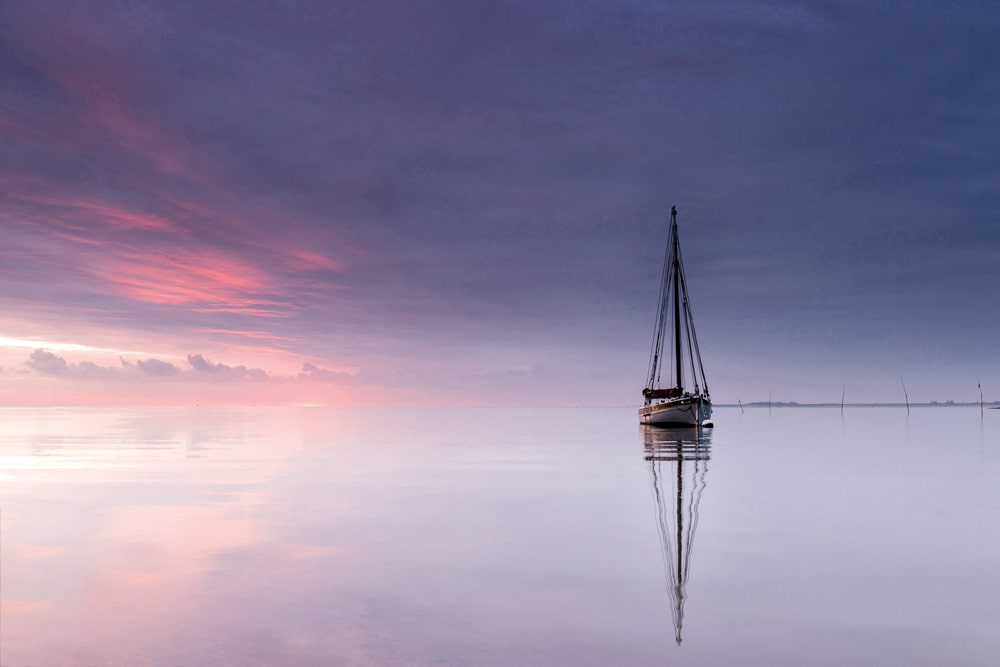
BOATS IN PERIL
The pandemic knocked an already tenuous funding model out of whack. Many boats are now hosting deferred holidaymakers at a loss, having already spent their fees on essential maintenance. There are also four-figure insurance and Maritime & Coastguard Agency safety inspection fees to pay before cast off. Have I mentioned berthing costs? They apply whether a boat is earning or not, all levied by length, which means a classic fleet which charges everyman prices pays the same as luxury super-yachts. I haven’t even come to wages (or lack of) yet.
Stick with me. Positive news is coming I promise, and not just things like £5.7m handed to UK historic vessels via the Cultural Recovery Fund by January 2021. For example, The Excelsior Trust charity that maintains Lowestoft sailing trawler Excelsior won an £80,000 grant to reopen. Terrific. But few private vessels are charities. No bailouts for them.
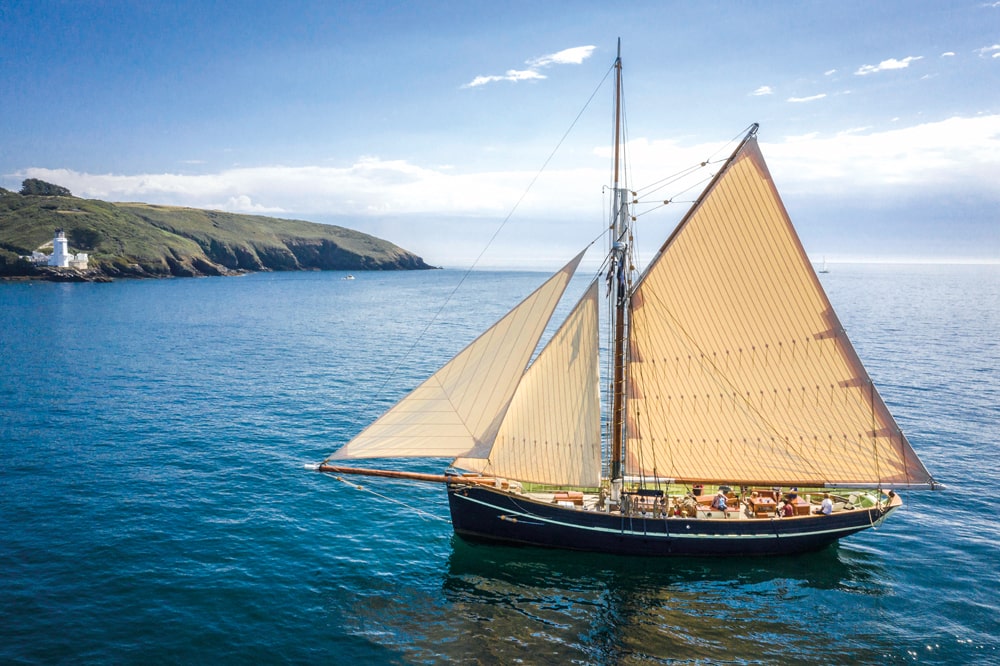
When I catch up with Nikki this January, Bessie is in the yard for a new main mast – another expense. ‘We try to keep a stiff upper lip but things feel more perilous than ever before. We’re broke, and the outgoings continue. I don’t know what to do except keep working.’ Like all sailors I speak to for this piece, Nikki sees herself not as Bessie Ellen’s owner but as her guardian, one in a line that extends back to her first owner. It’s curious more people don’t feel likewise. Seafaring is central to our island nation’s psyche – it’s centuries of trade, Nelson, Britannia ruling the waves and all that – yet we’re cavalier about living sailing history. Its survival is left largely to enthusiasts who do it for love. That’s quite a blindspot for a country that loves the National Trust. Hannah Cunliffe, director of the National Historic Ships UK, says: ‘The public have, to a large extent, lost that connection to the sea, to our maritime roots, particularly the younger generation. It’s quite worrying.’
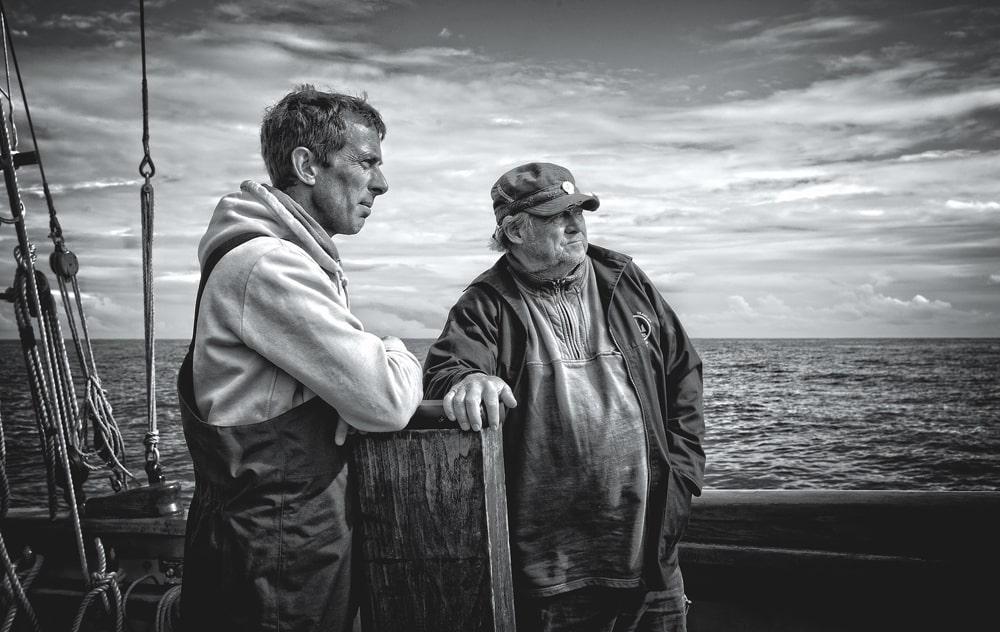 Read next… 10 best nautical holidays
Read next… 10 best nautical holidays
THE ROMANCE OF SAIL
Funded by the Department of Digital, Culture, Media & Sport, NHS-UK (nationalhistoricships.org.uk) is as close to a figurehead as it gets for our diverse fleet. It represents the sector to government, maintains a register of around 2,000 vessels and publicises traditional skills and projects through its Shipshape Network. The joy of traditional sail is its people as much as the vessels, Hannah continues. ‘Classic sail is so inspiring. It’s a sector built on passion. People believe in it, and love it, and get so much back from it.’ I can vouch for that. I’ve sailed fibreglass yachts for the best part of three decades, but my heart belongs to wooden boats. There’s no logic to it; by modern standards they’re slow and as high-maintenance as pop divas. Yet, the romance of traditional sail – its creaking timbers and canvas sails, the camaraderie of its raffish crews – worms into your heart. Into anyone’s heart, I expect. The shame is not simply that our sailing heritage has been dropped so casually, it is that through neglect or a misplaced perception that sailing is elitist we have relegated it to someone else’s problem.
So what can you do? The bottom line is that classic vessels require revenue. Most operate on tiny margins. Donate by all means, but I bet you’ll get as much from visiting your local classic vessel, enjoying a day out while drip-feeding funds into empty coffers. NHS-UK online organises projects by region and publishes open days on its News pages.
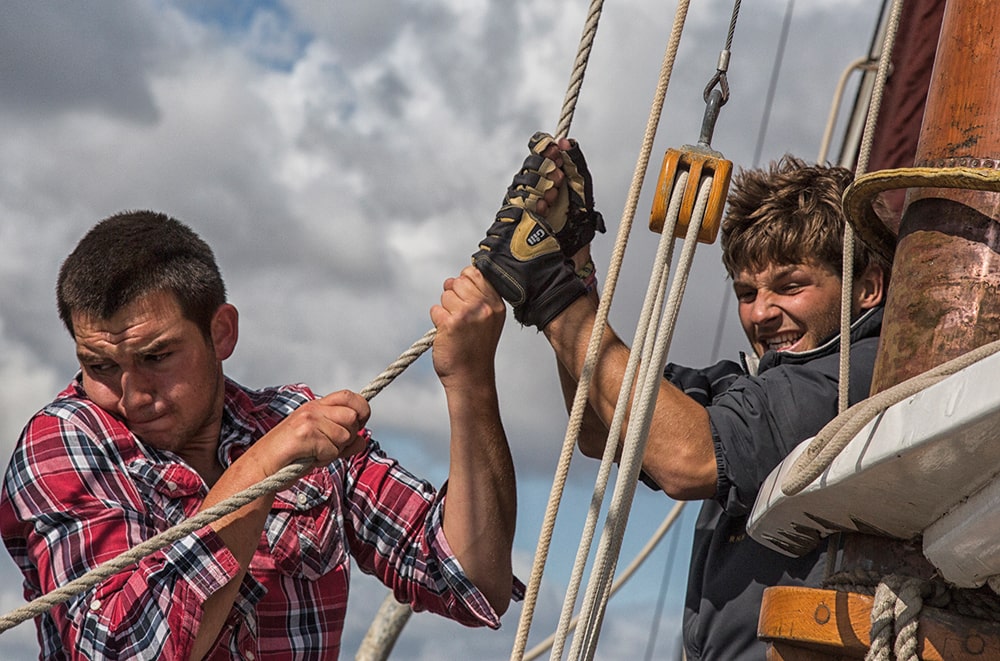
Better still, go sailing. While many charity vessels operate day sails, private charter vessels survive through longer trips. Specialists like VentureSail Holidays (venturesailholidays.com) sell everything from ocean passages on tall ships to coastal weekends on family-sized boats, most at ridiculously good value. You’re likely to hoist sails, experience wildlife at sea, most of all to discover how time deliciously unspools afloat. You’re unlikely to feel seasick; heavy classic boats have an easy motion.
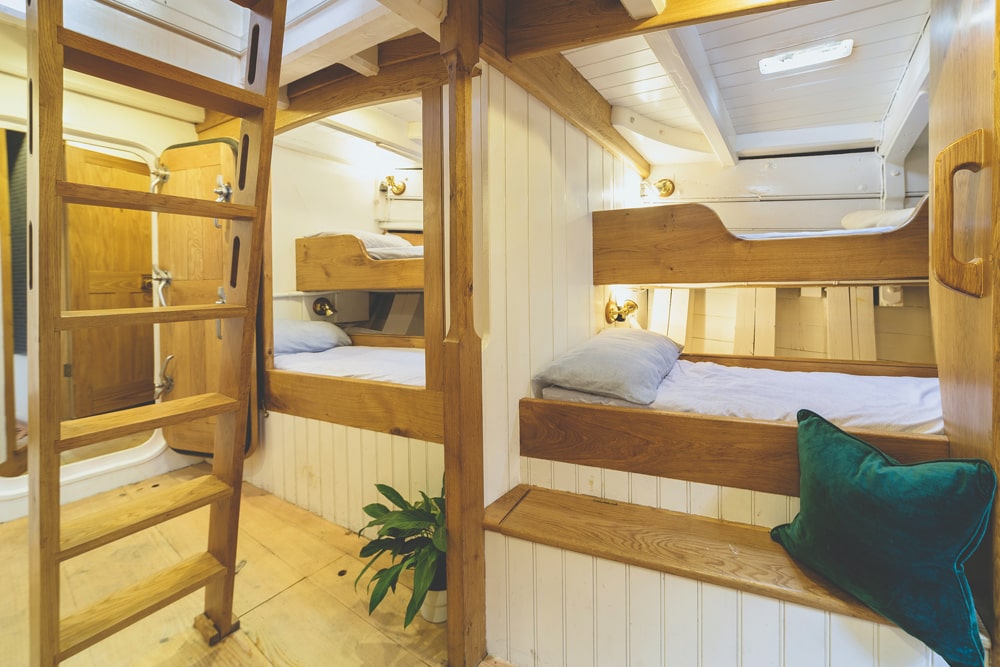
ACTION STATIONS
Volunteering is welcome (see below) and Nikki suggests corporate sponsorship and cargo as potential funding sources for the classic fleet – zero-emissions transport around British coasts is publicity gold for companies with green credentials. Perhaps what matters most, though, is legacy. In 2020 the British sailing world applauded when Luke Powell, owner of Truro boatbuilder Working Sail, launched the largest wooden vessel of its kind for 150 years. Yet the most valuable aspect of Pellew, now sailing charters, was that young trainees were hired for her build. ‘Everything dies if you don’t share the knowledge,’ Luke explains. ‘Pellew was really about keeping those old skills alive.’
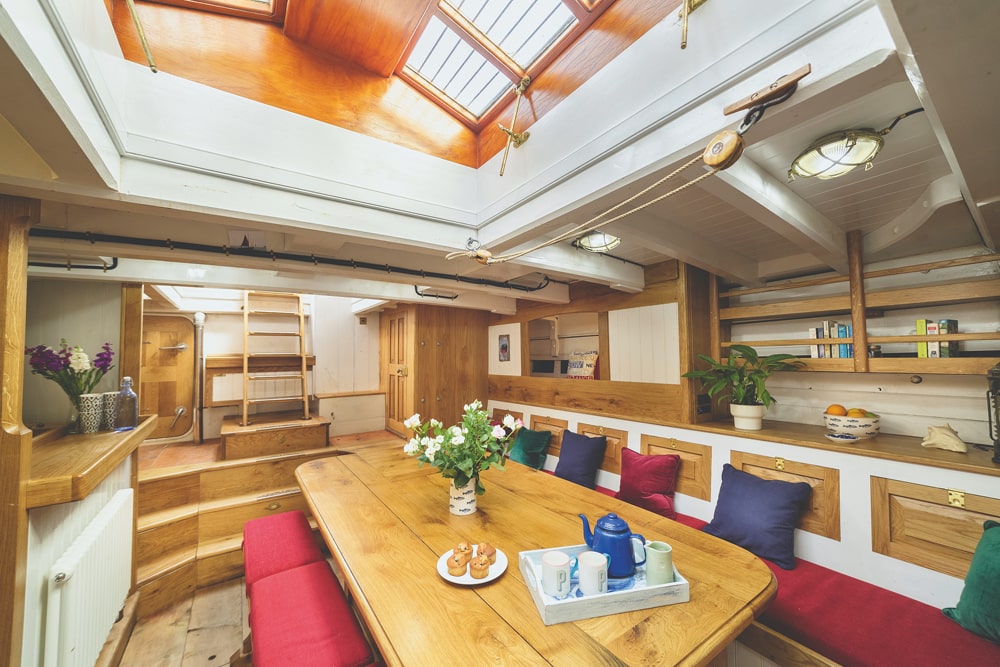
He argues that classic boats exist to be sailed not displayed in museums. ‘If you break one, make another! You can do that happily if the tradition is alive, and the only way to ensure it’s alive is to build not repair, which means new boats, new boatbuilders, which bring in more people, more energy. Get enough and the scene snowballs.’ It’s a manifesto for a traditional sail industry based on more than nostalgia, one which should excite all of us with salt in our veins. And to guarantee that future for traditional sailing we need to reconnect with its past. You owe it to the next generation of sailors as much as Nikki.
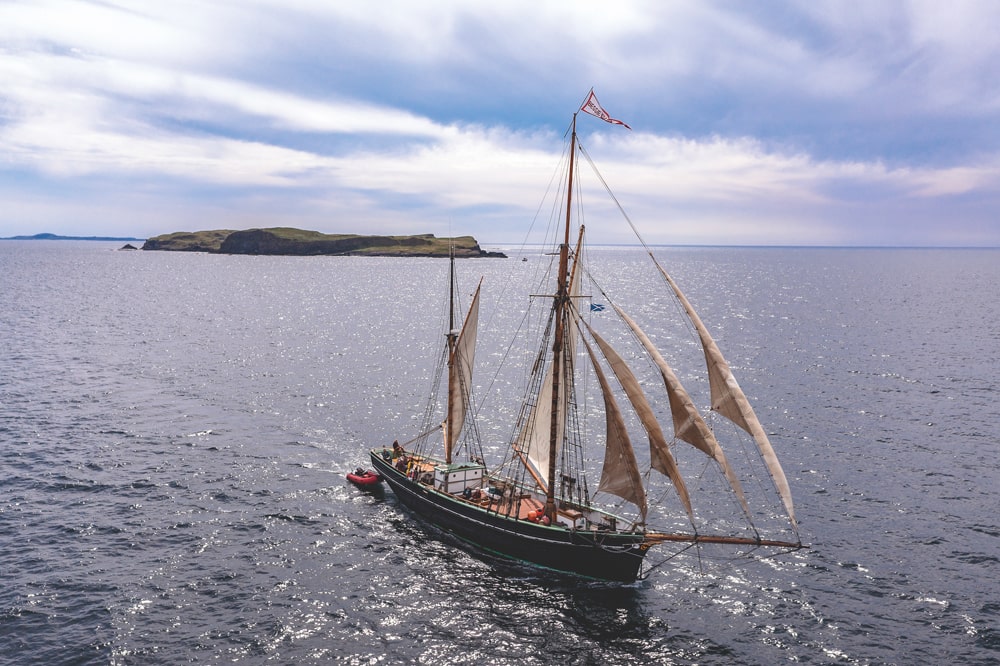
VOLUNTEER ON A VESSEL
Whether charity or private commercial vessel, the classic sailing sector relies on volunteers for everything from maintenance to working in the back office. National Historic Ships UK (NHS-UK) director Hannah Cunliffe says: ‘It’s revolutionary for some vessels to take on younger people to help with social media or websites because they lack the skills.’ Expect a day’s sailing in return.
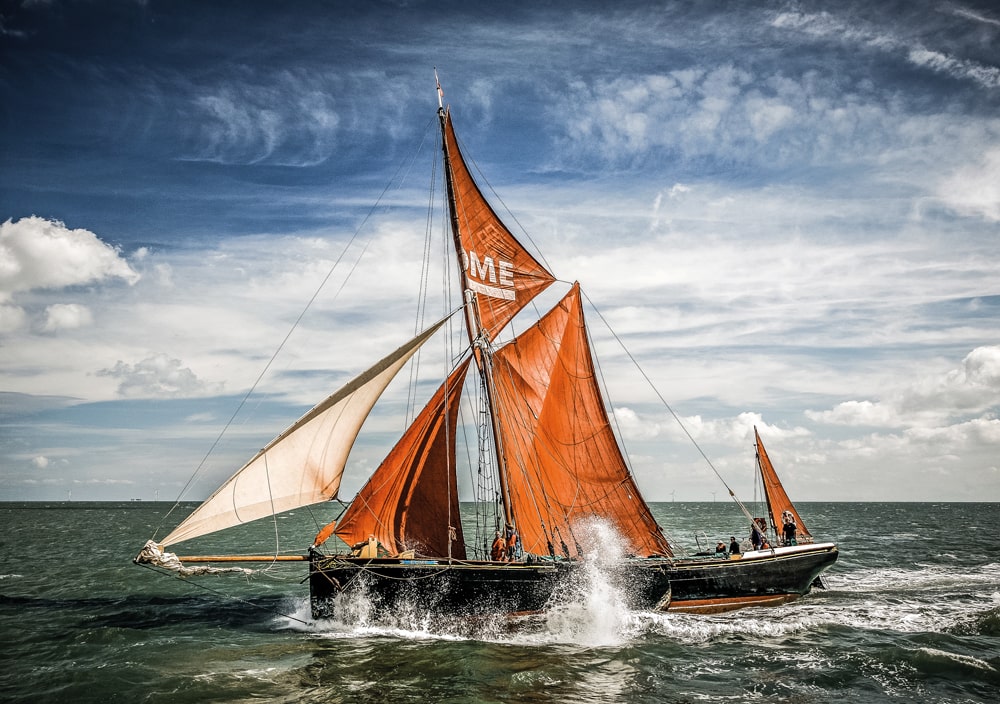
NHS-UK lists vacancies via its Shipshape Network or just approach your local classic, as former teacher Gemma Wise did after a visit to Cornwall’s Charlestown Harbour (charlestownharbour.com). ‘Apart from dolphin tours from Falmouth, I had never been on a boat before. I saw Anny [a 92ft schooner], got chatting to her crew, I said I was after sailing experience and I came on as a volunteer. I helped set sails, climbed the rigging, learned about the engine. I also did winter maintenance – that was tough but it was all really good fun. Everyone in classic boats is so friendly. You really knit
together as a family.’
Ready to step onboard? Discover 7 best sailing adventures in the UK, Tall Ship sailing in the Hebridies or pick up the latest copy of coast magazine for more vitamin sea inspiration.


























